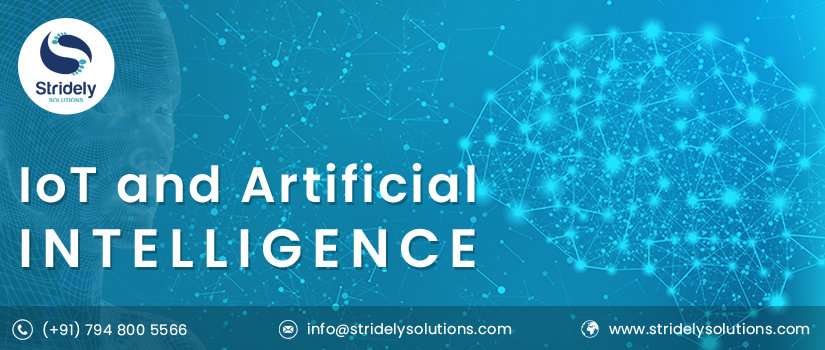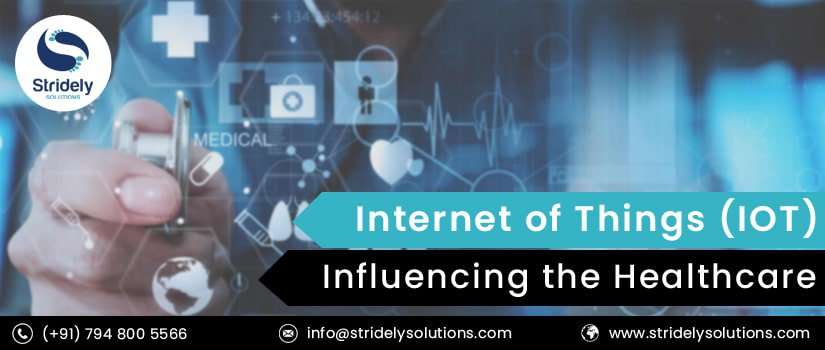How IoT and Artificial Intelligence Will Make Your Business Smarter

Our daily lives today seem to be coming closer to a science fiction film which we all have grown up watching. Today you can talk to a smart phone and get answers to your questions, you can also let a virtual person know that is it right to do a particular thing or no. Sounds very much unreal, but this is today’s truth which we are all living in our daily lives.
How Internet of Things (IOT) influencing the healthcare

We all are aware that technology cannot replace humans and the ultimate decision making would lie in the hands of the human. However, in the meantime, the individual can opt for certain technological solutions that would help in simplifying the work done by humans and at the same time also bring about efficiency in the work.

